Showing our ‘sup-paw-t’ for International Day of People with Disability (IDPwD)
At Happy Paws Happy Hearts, we strive to fulfill our mission to bring socially isolated people and rescue animals together through our unique programs. Ensuring we create a welcoming space and support people with a range of abilities, including participants with disability, is at the core of what we do. Serving with all heart, we celebrate the positive outcomes each day and recognise that there is still a lot of work to be done to reach more people with disability. This is why we are shining a light on International Day of People with Disability (IDPwD) and want to help you learn to be a better ally to the disabled people in your life.
International Day of People with Disability (IDPwD) is a United Nations (UN) day observed globally to promote community awareness, understanding and acceptance of people with disability.
On a national scale, there are 4.4 million Australians living with disability. That’s almost 6% of the population! This means you have likely met many disabled people in your life. IDPwD is an opportunity to get involved in creating an inclusive and diverse community.
IDPwD Theme for 2023
Each year, the UN announces a theme to observe for International Day of People with Disability (IDPwD). This year, the theme is ‘United in action to rescue and achieve the Sustainable Development Goals (SDGs) for, with and by persons with disabilities’.
This year’s theme calls upon everyone to collaborate s
The UN SDGs are 17 things countries want to work on by the year 2030. The theme for IDPwD this year specifically encourages people with disability to use their voices to be a part of this important conversation. To learn more about the 17 goals, visit the UN website.
How to better support people with disability
We work with people of all abilities in our inclusive group programs at Happy Paws Happy Hearts, allowing us to gain unique insights into the experiences of people from all walks of life. Whether living with physical disabilities or mental health challenges, our participants are some of the strongest, bravest and most inspiring people we know.
Taking insights from our countless conversations, knowledge and our own lived experiences, here are some of our tips to be a better ally to your disabled community.
Empathy and understanding
Many of our participants have talked about their experiences with being harassed or yelled at, asked rude questions by strangers, or even just being stared at in public. This can really affect them, especially if their disability is new to them. Sometimes, it can be helpful to remember that we shouldn’t ask strangers personal questions, even if we’re coming from a good or kind place.
When you see someone who ‘looks disabled’, think about what it must be like to be in their shoes and simply give them a friendly smile or say hello. Being friendly and kind make a big impact. Please remember that they are people, with unique life stories and experiences just like you. Always lead with empathy and think before you ask a question that might be offensive or upsetting.
Listen
While it might not seem like much, an active and unbiased listening ear can go a long way. It can be easy to pay less attention to the struggles or trepidation our disabled loved ones face, especially if it isn’t newly acquired. It can be helpful to take a moment to let them know you are here for them to talk to and confide in; ask if there are better ways you can support them; or if they are facing any challenges you can help with. Even just asking how they are feeling can provide them with a cathartic release when sharing their feelings.
Living with disability can be exhausting. Having a safe and comfortable space to talk about your experience, exciting wins, and difficult days can be extremely helpful and validating. It can also help them to feel closer to you. It opens the door for them to approach you and confide in you when they aren’t feeling 100% - even if they aren’t ready or don’t want to chat when you initiate the conversation.
Do your research
While some people are happy and willing to educate you about their disability, other people aren’t comfortable with sharing their experience – and that’s okay. We are all different and have different levels of comfortability when talking about something so deeply personal. There is no right or wrong answer or approach to this.
Do your own research. If your friend or family lives with disability, this can help you gain an insight into their experience and might provide you with strategies to support or validate their experience.
Feeling understood feels good. Doing your research also shows that you care and want to learn. You can always ask questions if they’re comfortable with sharing, so that you can learn more about their individual experience. If not, you have a baseline understanding, which is a good starting point for you to go from.
Do things with 'all heart’
These are only a few of the steps you can take to start being a better ally to people with disability. Above all else, do things with 'all heart' - a reminder and starting point for every question and every action we take in creating a more inclusive community for all people living with disability.


